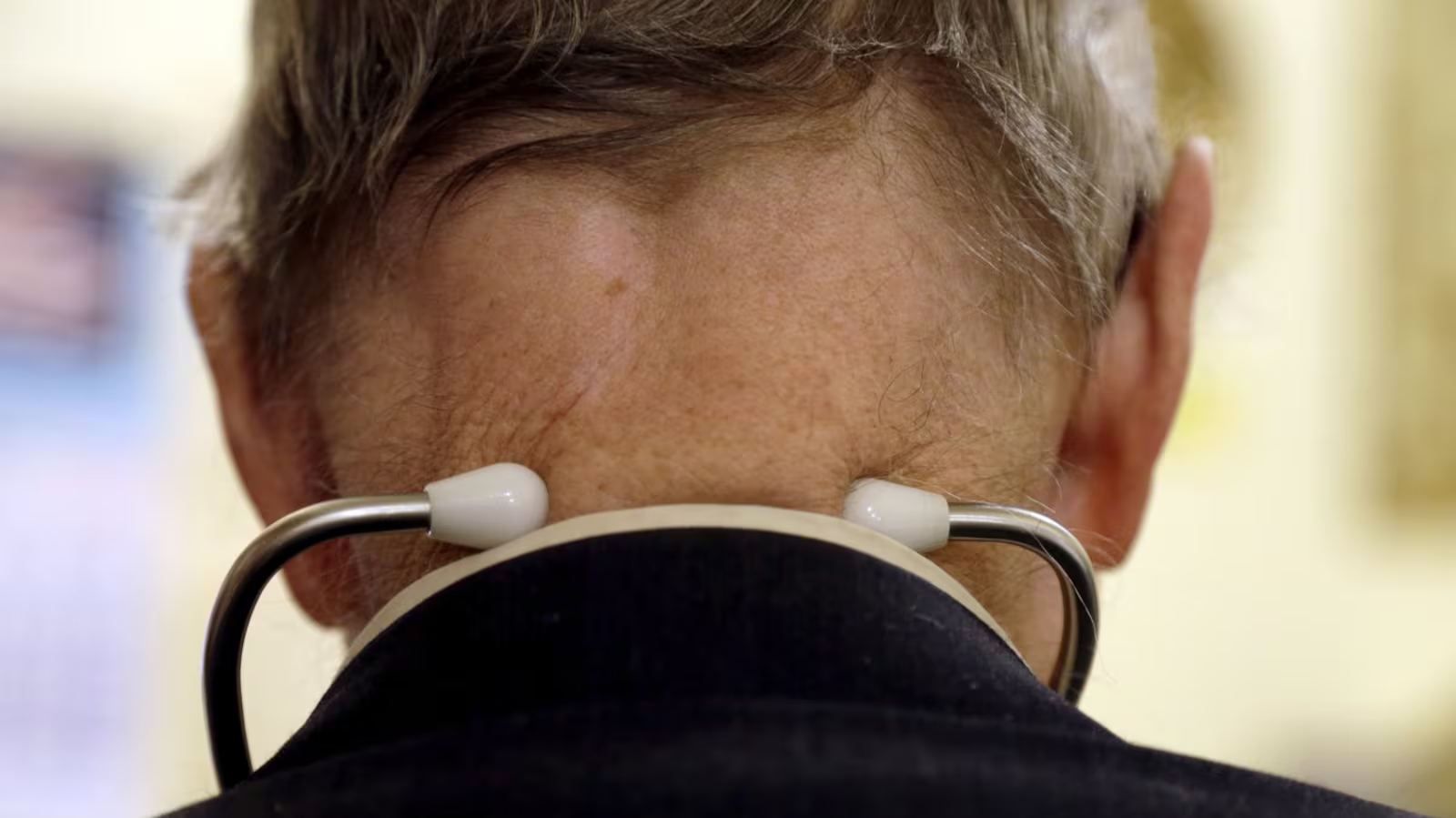Nearly 300 doctors from Quebec have applied for licences to practise in Ontario in just under a month — a dramatic surge triggered by the Legault government’s controversial overhaul of physician compensation set to take effect next year.
Data from the College of Physicians and Surgeons of Ontario (CPSO) shows that between Oct. 23 and Wednesday morning, the regulator received 285 applications from Quebec doctors seeking either a “Restricted” or “Independent Practice” certificate. In the previous four months combined, Ontario received just 19 such applications.
The CPSO says its data does not indicate why individual physicians are seeking Ontario licences — nor does it guarantee that they intend to relocate — but the spike comes as Quebec’s new remuneration law faces fierce backlash from medical associations. The legislation ties a portion of doctors’ compensation to performance targets and continues paying family doctors a fixed sum per patient visit, changes that critics say could destabilize primary care. Roughly two million Quebecers are currently without a family doctor.
Quebec physicians are also eyeing other provinces. The College of Physicians and Surgeons of New Brunswick reports receiving more than 80 applications from Quebec doctors since Oct. 1, saying it welcomes candidates who meet the province’s licensing requirements.
Ontario Premier Doug Ford has openly invited frustrated Quebec doctors to consider relocating — a move Quebec Premier François Legault denounced as “unacceptable” and “a clear lack of judgment.” Asked again about the issue Wednesday, Ford insisted he is not targeting Quebec’s physicians directly. “We don’t handcuff any of our doctors to stay in Ontario,” he said. “If you treat your doctors well and you respect them, they’re going to stay.”
Ford said Ontario is looking to recruit doctors “from across the country and around the world,” emphasizing that physicians operate their own small businesses and often move to where they feel supported. He added that all callers — including Quebec doctors — will have their phone calls returned, a nod to his recent public invitation to “call 1-800-DOUG-FORD.”
The Ontario government has pledged that every resident will have access to a family doctor or primary care team by 2029, a goal that will require significant recruitment as the province grapples with its own shortages.
Meanwhile, Quebec’s government maintains the reforms are necessary to fix a strained system and improve access to care. But with hundreds of doctors already exploring their options elsewhere, the political and health-care fallout is only beginning to emerge.

